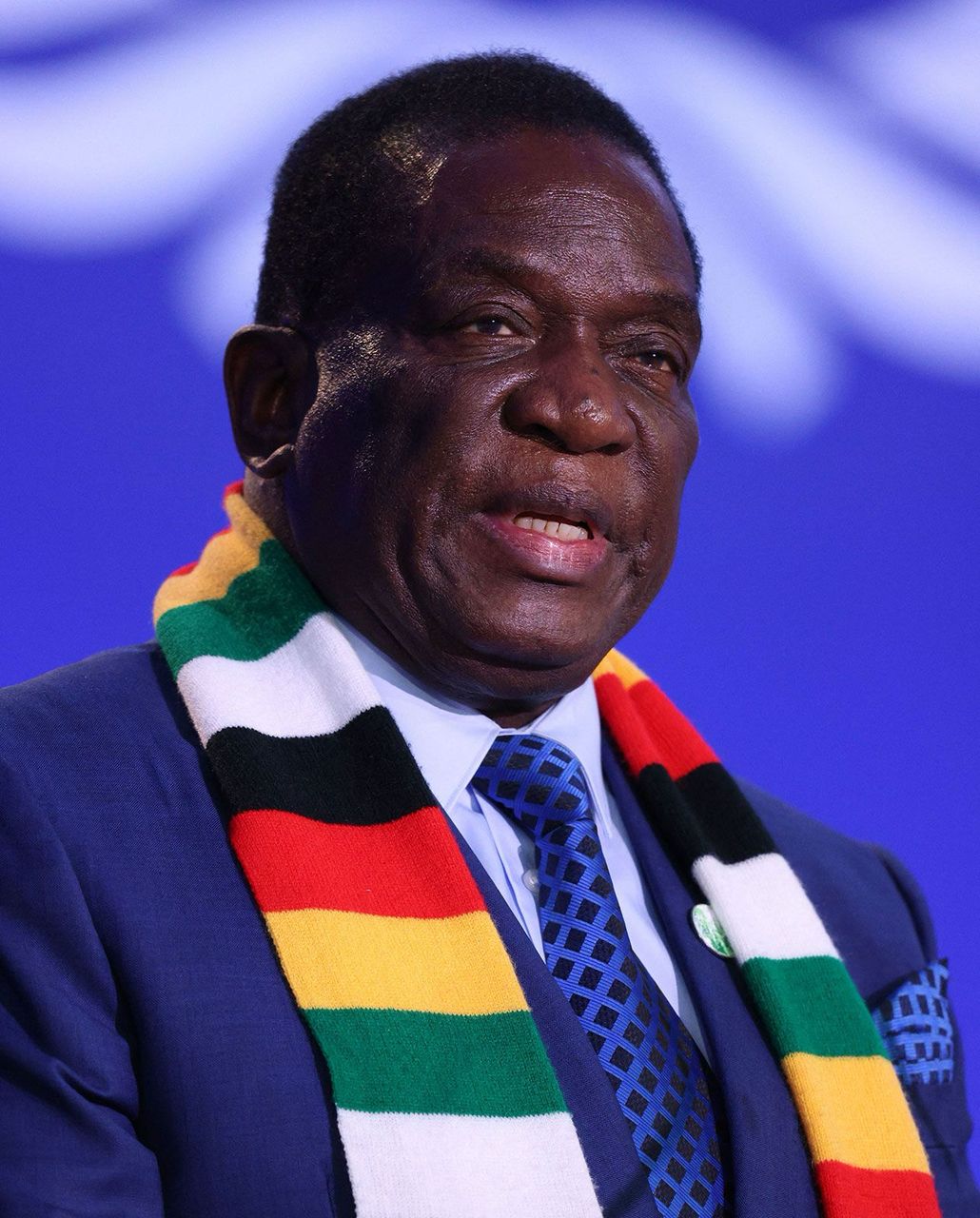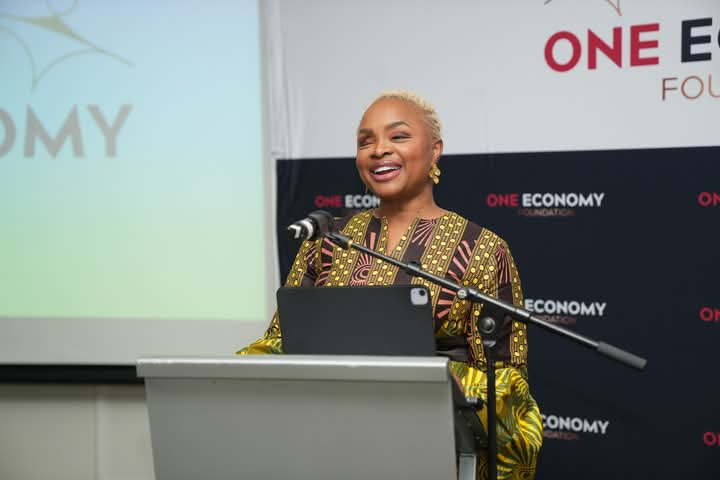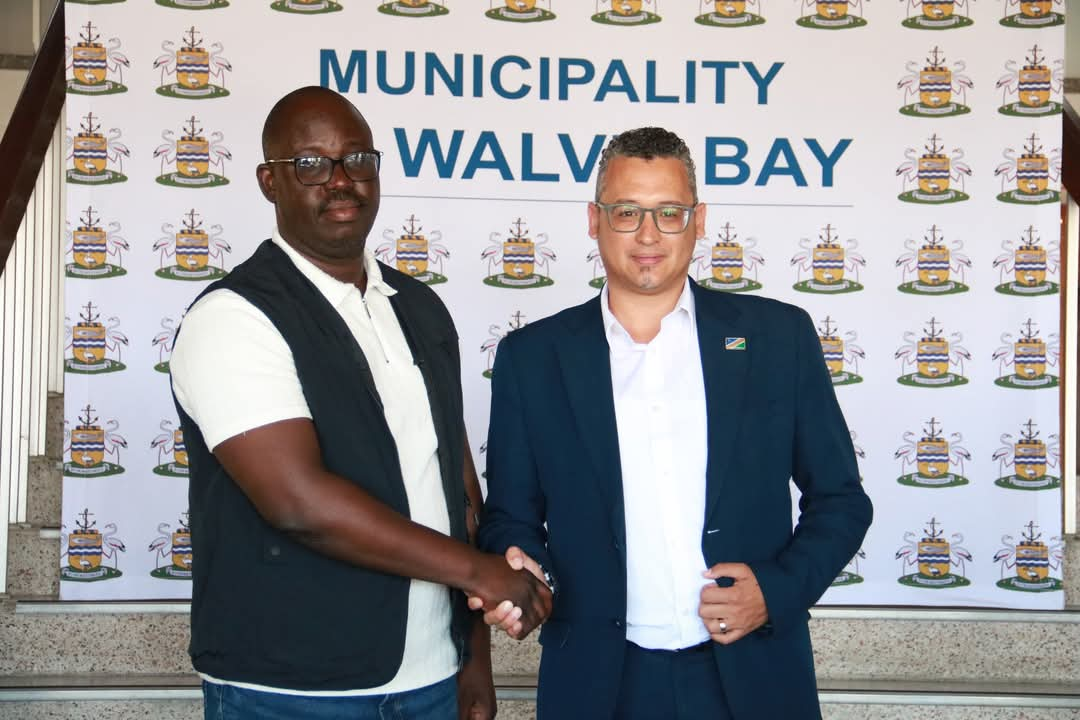Everyone in Namibia has a right to access healthcare services without discrimination and to be treated with dignity.
Discrimination in healthcare towards the lesbian, gay, bisexual, transgender, queer/questioning, and intersex (LGBTQI+) community is a pertinent issue worldwide.
Prejudices are very often based on personal beliefs and can cause unfair treatment, verbal abuse and violations of patient confidentiality.
LGBTQI+ people’s general health and well-being may be impacted by discrimination and stigma since they are less likely to have favourable interactions with medical professionals and receive adequate treatment.
They may also experience other violations of their human rights.
Namibia has a sound Constitution, and Article 13 guarantees the right to privacy, which includes protection against unlawful interference with personal information.
This supports the confidentiality of patient records and communication within healthcare settings.
It further confirms that the state must adopt policies aimed at improving public health.
The ‘public’ includes lesbian, gay, bisexual and transgender people.
The Constitution says all people are equal and that a person’s dignity must always be respected.
If LGBTQI+ individuals are not able to access healthcare services, their constitutional rights to equality and dignity are being violated.
Namibia is a signatory to the International Covenant on Economic, Social and Cultural Rights, of which Article 12 enjoins Namibia to recognise the rights of everyone to the enjoyment of the highest attainable standard of physical and mental health irrespective of their sexual orientation.
The Hospitals and Health Facilities Act 36 of 1994 further states that every person in Namibia shall have access to state health facilities, and is entitled to receive medical treatment and benefits from state health facilities.
The Ministry of Health and Social Services’ Patient Charter protects the rights of everyone, including their integrity and dignity. The charter also ensures that patients receive care without any form of discrimination.
The charter encourages patients to provide feedback on the healthcare services they’ve received. Anyone who is unhappy with the way their complaint was dealt with by a healthcare facility may request assistance from the quality assurance division of the ministry, which will appoint a review officer to examine the case.
The charter also clearly states that healthcare personnel should maintain strict confidentiality of personal information; for example, disclosing information about a patient to a third party without their prior consent may result in disciplinary action.
A patient can also seek redress for breach of confidentiality through other channels, such as laying a complaint with the Health Professions Councils of Namibia or taking legal action for damages.
Despite Namibian laws and policies supporting equal access to healthcare, the LGBTQI+ community faces increased obstacles, one of them being the attitudes of healthcare providers. One regrettable example is the case of a 20-year-old gay man who was refused access to contraceptives at a medical facility because of his sexual orientation.
To address this unconstitutional behaviour, Namibia needs awareness-raising initiatives on LGBTQI+ rights.
It is necessary to encourage continuous engagement and facilitate information sharing among the LGBTQI+ community, healthcare providers, researchers, civil society and community members.
This kind of involvement will improve access to healthcare services by LGBTQI+ persons and will also expand the network of support for fair access to healthcare services by the LGBTQI+ community.
The effects of discriminatory behaviour on a patient’s mental health must also not be ignored.
Namibia needs proper resources and extensive programmes that provide mental health services and simultaneously educate communities about the specific challenges faced by this minority group.
These challenges should be integrated into staff training programmes, allowing healthcare providers to be equipped to provide the LGBTQI+ community with appropriate and respectful care.
Recognising and catering to the unique health needs of LGBTQI+ persons is essential to achieving successful public health results.
Treating everyone with dignity and respect is not only mandated under our constitutional democracy but is part of our ethical obligations as human beings. Let us support each other in maintaining a healthy Namibia where all have access to quality and proper healthcare.
Stay informed with The Namibian – your source for credible journalism. Get in-depth reporting and opinions for
only N$85 a month. Invest in journalism, invest in democracy –
Subscribe Now!










